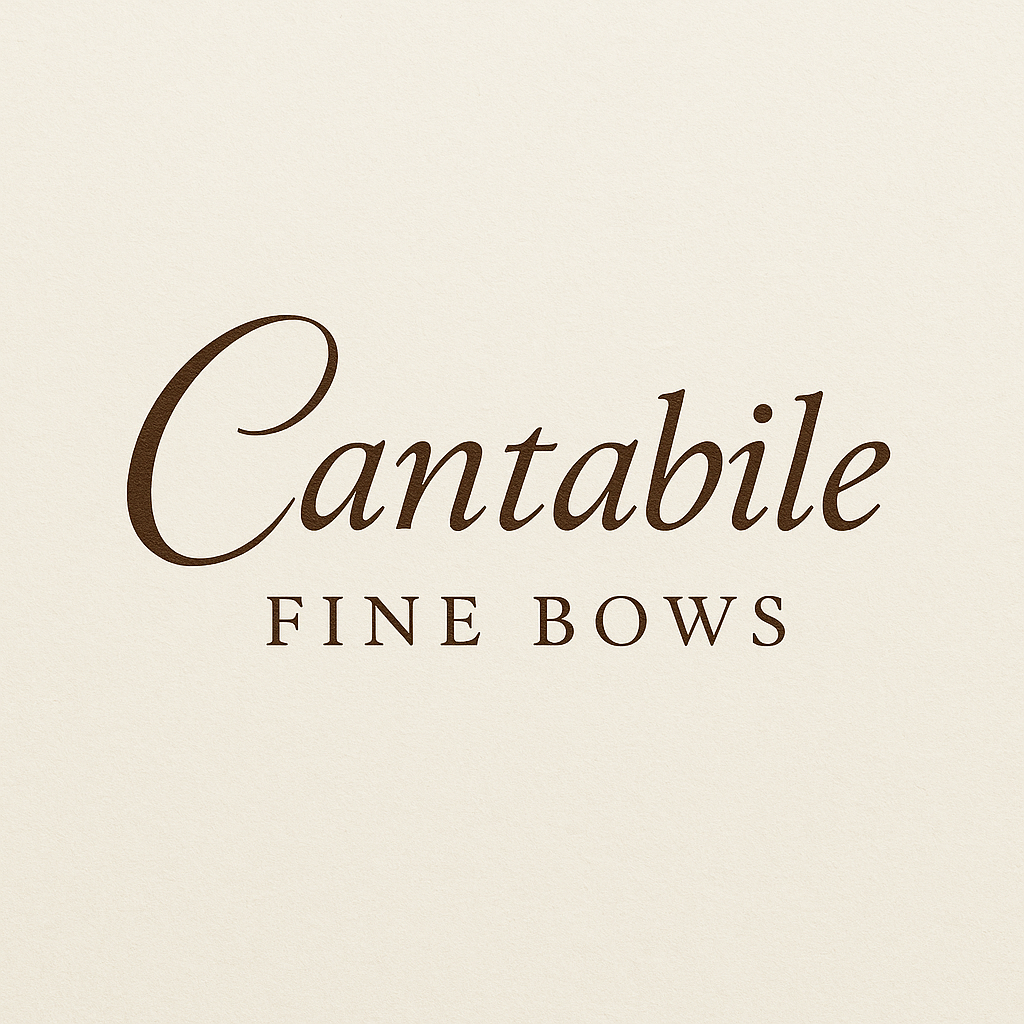The Life & Legacy of Franz Winkler
Master Bowmaker of Markneukirchen
Born in 1878, Franz Winkler inherited his craft in the bustling bow-making hub of Markneukirchen, Germany, from his father Franz Heinrich Winkler (1849–1919) . By 1896, he was skilled enough to start his own workshop in his hometown .
Winkler broadened his horizons internationally—working in the United States, including Philadelphia and Chicago, around the early 1900s, absorbing both American business practices and exposure to diverse musical communities . A couple of years in Paris further influenced his style, blending French bow‑making traditions with his German heritage .
Back in Markneukirchen after 1903, Winkler refined a personal model that merges French finesse with the bold Markneukirchen aesthetic—evident in his octagonal pernambuco sticks, strong-headed design, and Parisian‑eye frogs .
⸻
Craft and Character: The Winkler Touch
• Wood & Shape: Dark, fine-grained pernambuco, often octagonal, combining beauty with resilience.
• Balance & Tone: Well‑balanced sticks producing warm, resonant sound with flexibility and control .
• Frog & Mounting: Typically ebony frogs with Parisian eyes, silver mounts, pearl slides, and sometimes ivory or fossil‑ivory tip plates .
Winkler’s reputation grew thanks to his distinctive “Markneukirchen style”, shaped by French masters like Sartory or Voirin—but unmistakably German in structure and presence .
⸻
A Renaissance Artisan
In addition to bow-making, Winkler’s life was surprisingly multifaceted: he owned small restaurants in Markneukirchen and even maintained a farm outside the town, reflecting a Renaissance‑type personality striving for excellence beyond the workshop. Despite economic instability through World Wars I and II, his international connections—especially via the U.S.—helped sustain his business, and Winkler bows achieved respect and good resale values across continents .
⸻
Why His Bows Deserve Reconsideration
While French bows have long dominated prestige in the bow market, those by Winkler often offer comparable playability and tonal richness—for a much more accessible price. Today, soloists and collectors appreciate Winkler’s approach: combining French elegance and German strength, performed on stage and in studio with equal presence.
